Crafting Effective Budgets for Canadian Churches
A Guide to Setting Realistic Goals
In financial stewardship, one of the crucial steps for any church is the creation of a well-thought-out budget. In this comprehensive guide, we'll look into the importance of goal-setting, emphasizing the creation of SMART goals that are Specific, Measurable, Achievable, Realistic, and Time-bound.
The Significance of Setting Realistic Goals: While it's tempting to dream big when envisioning the financial future of your church, it's essential to ground those dreams in reality. Setting realistic goals forms the foundation of a budget that not only inspires confidence but also fosters financial health and stability.
Creating SMART Goals
To ensure your budget goals are effective, employ the SMART criteria:
Specific: Clearly define your objectives. Instead of a vague goal like "increase donations," opt for a specific target such as "increase monthly donations by 10%."
Measurable: Establish metrics to track progress. For instance, if your goal is to reduce expenses, identify specific line items and the percentage by which you aim to decrease them.
Achievable: Set goals that are challenging yet attainable. Assess your church's current financial situation and capabilities to determine what is feasible.
Realistic: Ensure your goals align with your church's mission and financial capacity. Avoid setting goals that may strain resources or lead to unrealistic expectations.
Time-bound: Establish a timeline for achieving your goals. This creates a sense of urgency and helps in tracking progress. For example, "Increase volunteer engagement by 15% within the next six months."
Incorporating Member Input
Your church members are valuable stakeholders in the budgeting process. Gaining their input not only fosters a sense of community but also provides insights into the priorities of the congregation. Consider conducting surveys or holding meetings to gather feedback on which programs and expenses should be prioritized.
By involving your members, you not only enhance the budgeting process but also gain a deeper understanding of the collective aspirations and needs of your church community.
Conclusion
In the journey towards financial well-being, setting realistic goals is the cornerstone of effective budgeting for Canadian churches. Embrace the SMART criteria, involve your members, and foster a culture of transparency and accountability. At Calm and Courageous Bookkeeping, we stand ready to support you on this financial journey, empowering your church to thrive and fulfill its mission with confidence and fiscal responsibility.
